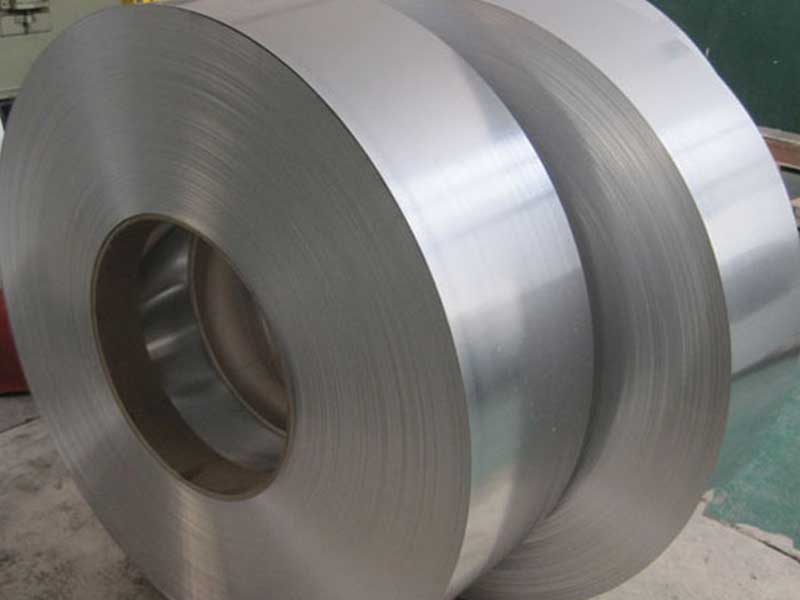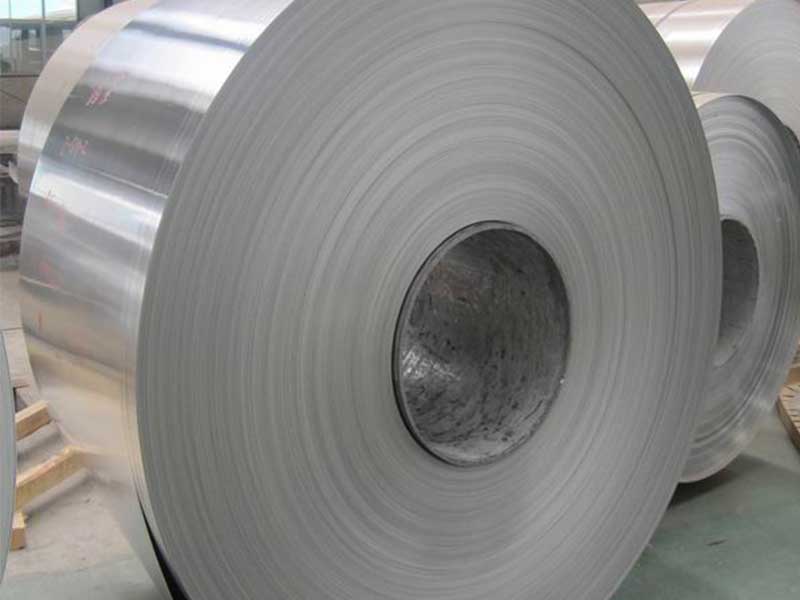Aluminum Strip Coil for Transformer 1050,1060,1070,1100
Aluminum Strip Coil for Transformer: 1050, 1060, 1070, 1100
Introduction
Aluminum strip coils have gained significant prominence in the manufacturing and construction of transformers, primarily due to their excellent electrical and thermal conductivity, lightweight properties, and corrosion resistance.
Features of Aluminum Strip Coils
1. High Electrical Conductivity
One of the standout attributes of 1050, 1060, 1070, and 1100 aluminum strip coils is their high electrical conductivity. Ranging from 61% to 63% IACS (International Annealed Copper Standard), these alloys excel in electrical applications, reducing energy losses in transformers. This efficiency is crucial for optimizing transformer performance and minimizing heat generation during operation.
2. Corrosion Resistance
Aluminum naturally forms a thin layer of aluminum oxide that protects it from environmental factors, making aluminum strip coils highly resistant to various forms of corrosion. This quality extends the lifespan of transformers even in harsh conditions, such as high humidity or temperature fluctuations.
3. Mechanical Properties
These aluminum grades demonstrate excellent formability and ductility, which allow for intricate shaping and orientations necessary in transformer components. Their lightweight nature also contributes to easier handling and installation, reducing labor costs and complexity during the manufacturer’s assembly process.
4. Thermal Conductivity
In comparison to copper, aluminum has a respectable level of thermal conductivity, which ensures effective heat dissipation from transformer cores and windings. Cooling effectively prevents thermal overhear, which would otherwise lead to failure or impairment over time.
Specific Alloy Characteristics
-
1050 Aluminum Alloy: This alloy features high purity levels (over 99.5%) that provide extremely high electrical conductivity and is often used in applications where maximum conductivity, as well as workability, are crucial.
-
1060 Aluminum Alloy: Similar to the 1050 alloy, the 1060 aluminum boasts high electrical and thermal conductivity as well, making it ideal for transformer windings. Its good mechanical properties ensure reduced losses while ensuring structural integrity.
-
1070 Aluminum Alloy: Like its counterparts, the 1070 aluminum alloy provides excellent corrosion resistance and formability, but it also has higher strength, making it suitable for both low-energy and high-energy transformer applications.
-
1100 Aluminum Alloy: This alloy offers excellent corrosion resistance alongside good weldability, making it suitable for manifold transformer components requiring prolonged contact with various environmental conditions.
Applications of Aluminum Strip Coils in Transformers
The distinct features and mechanical properties of aluminum strip coils signify their applicability in numerous transformer-related components, including:
-
Winding Materials: Since efficient electrical conduction is paramount, these aluminum strips are commonly used as winding materials in oil-filled and dry-type transformers.
-
Shielding: Aluminum strip coils can be instrumental in EMI (Electromagnetic Interference) shielding, aiding in the protection of sensitive transformer components and electronic devices against electrical noise.
-
Busbars and Connectors: When it comes to making connections between components in a transformer setup, aluminum's favorable conductive properties enable the crafting of busbars and connectors in an energy-efficient manner.
-
Core Support Structures: The lightweight nature and mechanical robustness of aluminum alloys lend themselves well to creating supportive structures for transformer cores, enhancing overall stabilization.
-
Cooling Systems: In certain transformer designs, aluminum strip coils serve as conduits to facilitate heat exchange and cooling to ensure optimal performance.
https://www.al-alloy.com/a/aluminum-strip-coil-for-transformer-1050106010701100.html



